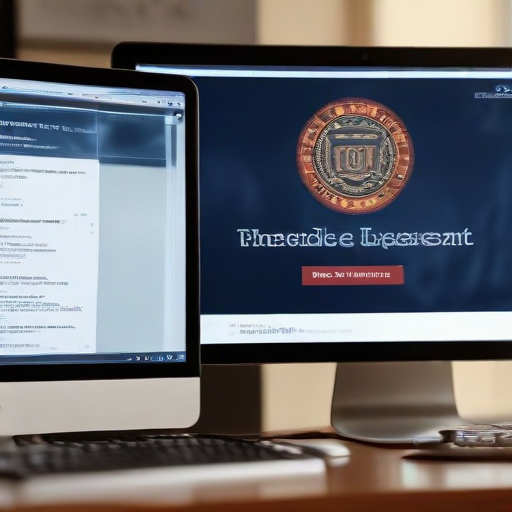Chinese hackers have infiltrated several workstations and unclassified documents within the U.S. Treasury Department after compromising a third-party software provider, according to an announcement made by the agency on Monday. While the exact number of affected workstations and the type of documents accessed remain undisclosed, the Treasury assured lawmakers in a letter that there is currently no indication that the hackers still have access to its information. The incident is classified as a “major cybersecurity incident,” and investigations are ongoing.
A Treasury spokesperson emphasized the importance of safeguarding its systems and highlighted that the department has significantly strengthened its cyber defenses over the past four years. They also expressed their commitment to collaborating with both private and public sector partners to thwart potential threats to the financial system.
In response to the allegations, China has denied any involvement. A foreign ministry spokesperson asserted that Beijing opposes all forms of hacking and criticized the U.S. for what they perceive as unsubstantiated claims against China, characterizing them as attempts to tarnish its image.
This breach follows concerns over a broader cybersecurity threat known as Salt Typhoon, which has allowed Chinese officials access to sensitive information, including private communications of an unknown number of Americans. Recent updates indicate that nine telecommunications companies have confirmed they were impacted by this cyberespionage campaign.
The Treasury Department first became aware of the breach on December 8 when the third-party software provider, BeyondTrust, reported that hackers had stolen a key that facilitated access to a remote technical support service. The compromised service is no longer online, and there is no evidence currently suggesting that the attackers retain access to Treasury data.
The department is coordinating with the FBI and the Cybersecurity and Infrastructure Security Agency, attributing the attack to Chinese actors without providing further details.
While this cybersecurity incident raises concerns about vulnerability in federal systems, it is encouraging to see the proactive measures taken by the Treasury Department to bolster their defenses and the collaboration with federal agencies to ensure ongoing security. Such incidents underscore the importance of robust cybersecurity strategies and the need for continuous vigilance in protecting sensitive information.
In summary, the breach of the U.S. Treasury Department highlights significant cybersecurity challenges posed by international threats, particularly from China, while also showcasing the U.S. government’s commitment to enhancing its cyber defenses to protect critical information.
